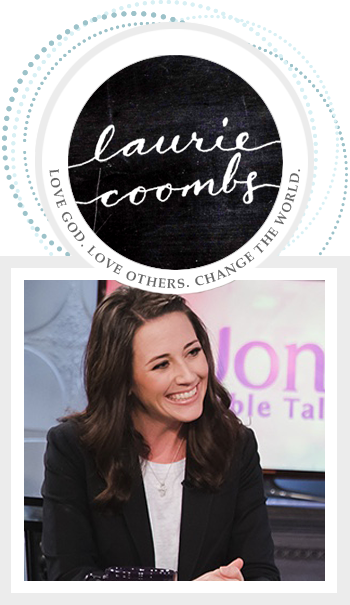I had a feeling something was still there. Some residual scarring caused by my dad’s murder. In a way, I wanted to go there. Get it all out. Heal completely. But at the same time, I feared what would be found.
I sure hope I’m not really screwed up, I thought.
But I knew some soul work needed to be done. Digging would have to take place. And the root of whatever was left behind would have to be excavated and restored.
I tried to do this on my own for nine years after Dad died. I tried to “pick myself up by my bootstraps” and move on, reasoning that Dad would have wanted it this way. He wouldn’t want me to succumb to the wave of despair that threatened to swallow me whole.
So, I moved on. Each time the thought of Anthony came into my mind, I chose with precise deliberation to cast these thoughts aside.
I forgive him, I’d tell myself, knowing full well that I didn’t. I thought if I did this long enough, it would become my reality. It was the only way I knew how to move toward forgiveness, and I hoped this would allow me to shed the effects of my past.
Even the secular world tells us to forgive. “You must forgive and forget,” we’re told.
And, so we do. Or we think we do.
We will ourselves into believing that we’ve arrived at the desired destination. That we’ve forgiven.
I forgive Anthony, I told myself. I do.
Then, I became a Christian after completely falling apart. And I mean completely falling apart. I’ve written about this time before, but for our purpose here, I must tell you that I don’t think I would have gotten to this point of complete desperation and complete lack of hope had it not been for my unforgiving heart (The one I thought was forgiving, mind you).
So, there I was, a baby Christian, one year after surrendering my life to Christ when the call to forgive came. Quite frankly, I was surprised.
But I’ve already forgiven Anthony, came my rebuttal to God.
Soon, I learned that forgiveness––real forgiveness, that is––can only be accomplished through Jesus, the one who died to make forgiveness possible.
It’s the same with all things.
We cannot love, in the full sense of the term, without first receiving God’s love.
We cannot extend true mercy or grace without first receiving God’s mercy and grace.
So to, we cannot forgive, completely and unconditionally, without first receiving God’s forgiveness. [Tweet that]
It is Jesus who made forgiveness possible, and it is He who guides us onto our own path toward forgiveness. [Tweet that]
I’ve mentioned this before, but I don’t think I can emphasize it enough. Forgiveness is a process. It is not something that occurs instantly. And it requires a decision to pray for Jesus to guide you toward that end.
So, I encourage each of you to take another look at your life. Take another look at you relationships. And prayerfully assess whether or not you hold unforgiveness in your heart. And if you do, I implore you to seek God and forgive.
Forgiveness will set you free. [Tweet that]
Remember, forgiveness begins with prayer. [Tweet that] Pray for God to lead you toward freedom today.
{Forgiveness is only possible through Jesus.}
Question: Has God been showing you unforgiveness in your heart? Who do you need to forgive? How have you tried to forgive apart from God? Share in the comments.


























[…] Only God’s grace can allow us to forgive completely, unconditionally. We must seek God to forg… […]